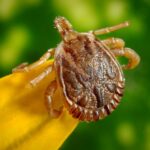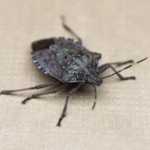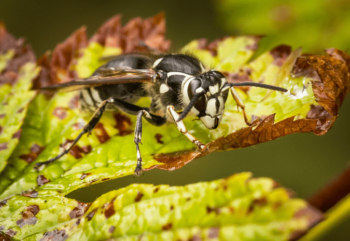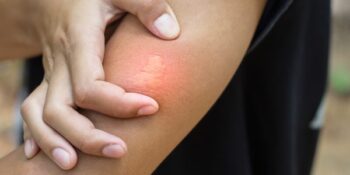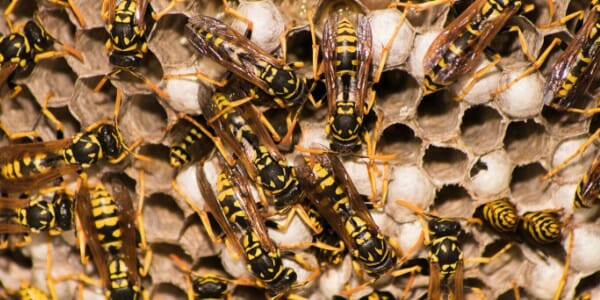
US News reported that over half a million people go to the emergency room each year because of stinging insect bites. It’s not usually a problem (rather an annoyance) unless the individual is allergic to stings. People who are allergic should consider getting an allergy shot. This shot works like a vaccine, building up a tolerance. They should also avoid all stinging insects, including bumblebees.
Symptoms of an allergic reaction include:
- hives (itching/swelling)
- tightness of the chest and throat
- swelling in the face
- dizziness
Though people with known allergies should obviously be more cautious, it’s important that everyone avoid stinging insects. It’s possible to develop allergies at any point in time. Even if someone has been stung before and there were no complications or reactions, stay away from these bugs. We encourage people to use insect repellent. However, they should wash it off with soap and water if a reaction occurs or simply when they’re back inside.
If stung:
- Remove the stinger with a straight object (the FDA suggests a credit card because tweezers may cause more venom to excrete from the stinger).
- Clean the area with soap and water. This avoids infection.
- Applying ice will help the swelling.
- Seek medical attention if the area becomes infected. Someone who’s infected will develop a fever and the redness/soreness will worsen.
The BEST way to avoid getting stung is to remove the pest! Call Suburban Exterminating to remove bees, wasps, and other stinging insects in your yard: (516) or (631) 864-6900.

